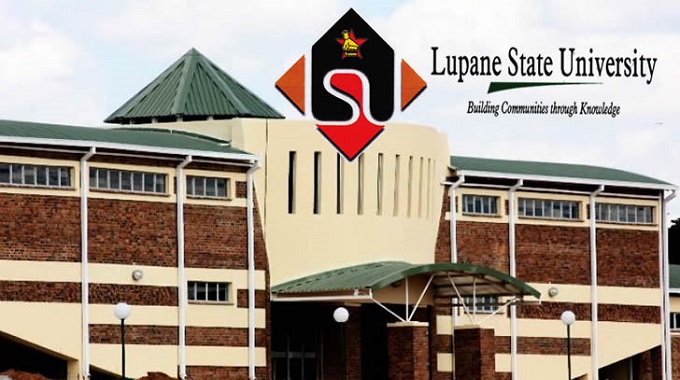
The Sunday News

Charity Chikara, Sunday News Reporter
A lecturer from Lupane State University (LSU) has ventured into tinned onion business, a project that started off as a way of assisting a university student short of school fees when her mother had harvested excess onions that resulted in an oversupply in the market.
Mr Makhosi Mahlangu (38) a Food Science lecturer at LSU started his project after he learnt of a student whose mother was failing to pay fees due to an unfortunate event that led to low onion sales. He purchased the excess onions from her, marking his first tinned onion product which he produced under the Lupane Veggie Guys Company, which he is part of.

Lupane State University
“There was a student who is from St Paul’s in Lupane and has parents who planted a lot of onions whose proceeds were meant to help pay her school fees. They produced excess onions and it so happened that there was an oversupply of onions on the market. As a lecturer involved in food developing programmes, I realised that I had to play a role in helping this family. I am also part of the Lupane Veggie Guys and as a team we decided to make a product of value from my initiative.
“We procured 2X50kg of onions which managed to give us 80 bottles which were sold at US$1.50 each. Before that I had ordered four bunches of onions from the university farm. We did market research at the university where we did a sensory evaluation. The 80 bottles sold out in less than two days.”
An 80 grammes serving of raw onion provides 0.8g of protein, 6.4g carbohydrates, 5.0g sugars, 1.8 fire and 2.0 mg Vitamin C. Mr Mahlangu said his recipe encompassed indigenous herbs found in Lupane that made the onion taste immensely good. He said the idea is to develop the herbs and make raw onion eating a delicacy for many. The ingredients also combine to create their own natural preservatives.

“The ingredients are onions, salt, water, a bit of vinegar and indigenous herbs. We have added a bit of indigenous herbs to the mix so that we help develop villages with these plants. We have used hibiscus sabdariffa which is found in the Lupane District. It’s a plant which was used even by our forefathers. It’s Ndebele name is sandambe and it is still used in Lupane as a tomato. Malawi is producing a lot of food stuff from it including jam.
“The final product has a rich lemonish taste so since most people do not like eating raw onions, these do not taste like your ordinary onion, they taste really good. The onion is nice in sandwiches, braai meals, even when cooking it adds a unique flavour, other people eat it as a snack. We are currently working with a local restaurant in Lupane.”
He said the aim was to be the biggest village processors of both indigenous and exotic vegetables in the Southern hemisphere.
“The balance of the vinegar and salt acts as natural preservative. The product has been specifically designed for areas with no electricity which is a common thing in Lupane and Nkayi,” said Mr Mahlangu.
Hibiscus sabdariffa is high in Vitamin C, anti-oxidants, calcium and iron. It has antibacterial and anti-inflammatory properties.



